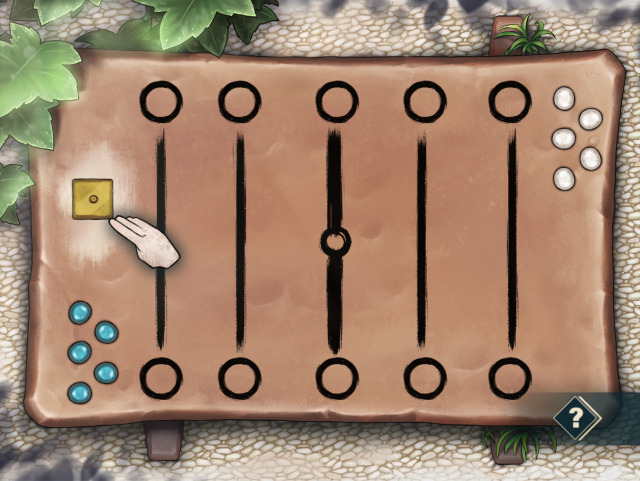Abstract
Game culture in its diversity developed over many centuries. The project “Locus Ludi” focuses on the game culture in classical antiquity. The project identifies, categorises and reconstructs classical games in a decidedly interdisciplinary perspective, that is, using linguistic, historical, archaeological, typological, topographical, iconographic and anthropological methods. The ludic culture also reflects the interactions between different milieus and classes, it mirrors mentalities and religious changes. The analysis of games opens up a new perspective on the cultural fabric of ancient society, provides models for education and research in related fields, as well as up-to-date material for schools, museums and libraries. Understanding the role of education, society and integration in the past is important in understanding the present and broadening the debate on high-tech toys and new ways of being together.
Specifically, the project team of the Université de Friborg and the University of Applied Arts Vienna, Dept. Cultural Studies, reconstructs four antique games in two variants (Pente Grammai, Duodecim Scripta/Alea, Ludus Latrunculorum, Three Men’s Morris) in their historical context. The games will be made playable for computers and smartphones (together with Causa Creations and Gentle Troll Entertainment). In the game-sociological part of the project, the relationship between game grammar and narration is considered respectively a preference for certain game variants is empirically examined by interviewing pupils at two elementary schools in Vienna.
Funding
European Research Council
Funding Category
ERC Advanced Grant 2017–2022 (Grant Agreement ID: 741520)



